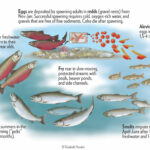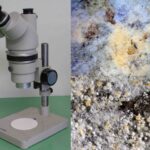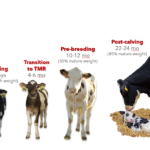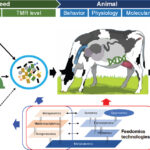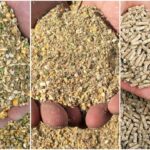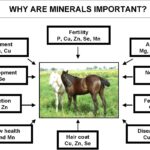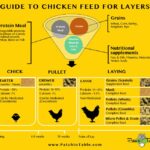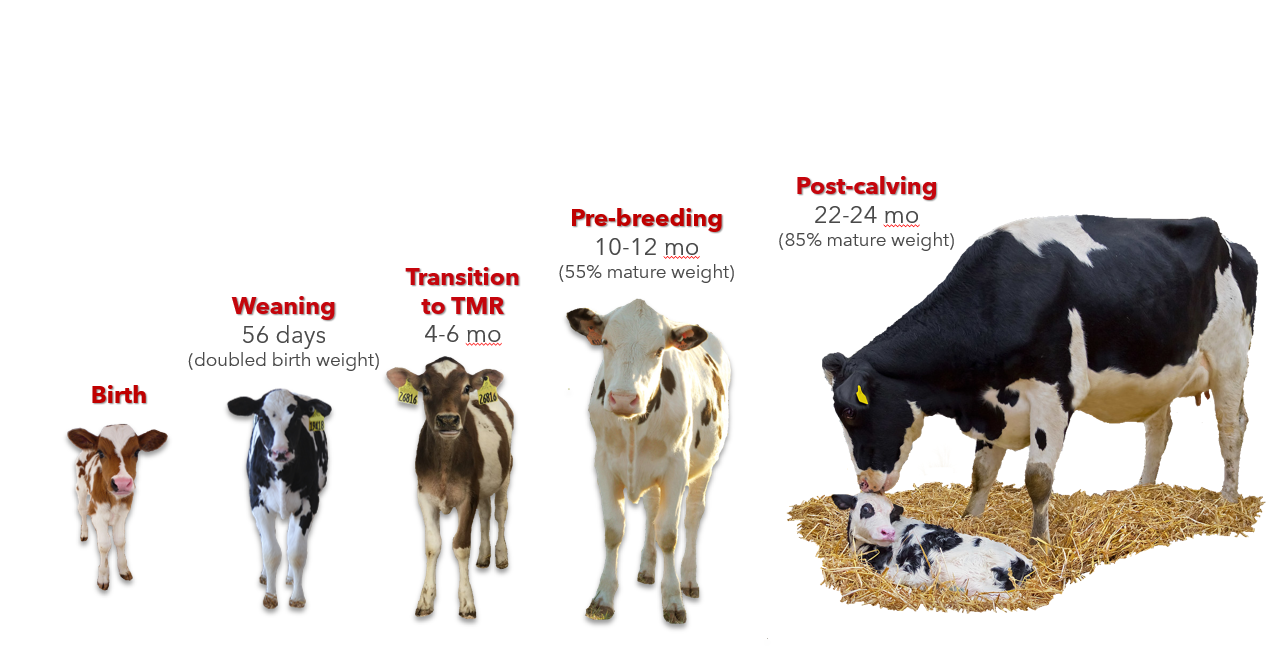1. Introduction
Thank you for reading. Don't forget to subscribe & share!
The monsoon season in Pakistan (July–September) brings high humidity, heavy rainfall, and fluctuating temperatures. These conditions increase the risk of feed spoilage, mycotoxin contamination, heat stress, and disease outbreaks in broilers. Optimal nutritional management during this period is critical to maintaining growth performance, feed efficiency, and flock health.
2. Challenges of Monsoon Feeding in Broilers
Feed spoilage & Mycotoxins: Excessive moisture accelerates fungal growth (Aspergillus, Fusarium), leading to aflatoxin and ochratoxin contamination (Rashid et al., 2023).
Reduced feed intake: High humidity and temperature reduce voluntary feed intake, lowering nutrient intake (Iqbal et al., 2024).
Wet litter & disease: Increased water spillage and damp feed contribute to coccidiosis, necrotic enteritis, and ammonia buildup.
Nutrient imbalances: Excessive rainfall affects fodder quality and energy–protein balance in feed ingredients.
3. Nutritional Adjustments
Energy–Protein balance: Formulate diets with higher energy density (using oils/fats) to compensate for reduced intake, while maintaining digestible amino acid balance (Ali et al., 2024).
Minerals & Electrolytes: Supplement Na⁺, K⁺, and Cl⁻ to maintain electrolyte balance (DEB: 250–300 mEq/kg feed). Potassium chloride and sodium bicarbonate improve tolerance to heat stress (Rehman et al., 2023).
Vitamins: Extra antioxidants (Vit. E, C, selenium) mitigate oxidative stress during high humidity.
4. Fodder & Feed Conservation
Store feed in moisture-proof silos or bags.
Use mold inhibitors (propionic acid, organic acids) to extend shelf life.
Adopt first-in-first-out (FIFO) to minimize spoilage.
5. Feed Additives
Mycotoxin binders: Aluminosilicates, bentonite, yeast cell wall extracts.
Probiotics & prebiotics: Improve gut health, immunity, and litter quality.
Antioxidants: Protect feed lipids and reduce oxidative stress.
6. Water and Sanitation
Ensure clean, cool, and chlorinated water (2–3 ppm chlorine).
Flush water lines weekly to prevent bacterial slime formation.
Add electrolytes and vitamin C in drinking water during hot-humid days.
7. Case-Specific Feeding Strategies
Starter phase: High digestibility proteins and prebiotics to enhance gut development.
Grower phase: Increased energy density and use of phytogenic additives for immunity.
Finisher phase: Adjust amino acid balance for lean muscle growth and carcass yield under heat stress.
8. Supposition
Broiler production during the monsoon requires integrated nutritional and management strategies. Creating balanced diets with mycotoxin control, electrolyte supplementation, and antioxidant protection, along with strong biosecurity and proper feed storage, can protect performance and profitability.

